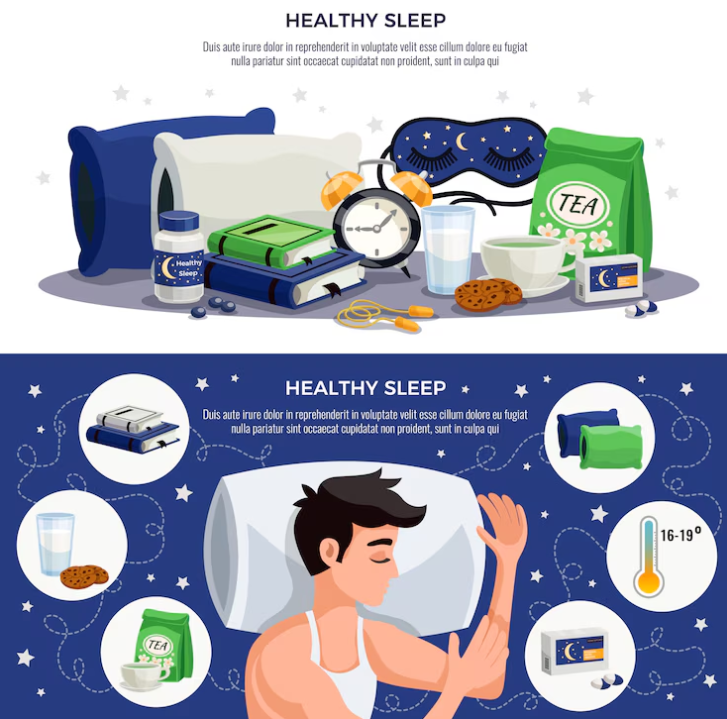Managing Stress and Anxiety for Better Sleep
Stress and anxiety are popular culprits of sleep disturbances. Techniques such as mindfulness meditation, progressive muscle relaxation, and journaling can help manage stress levels. By addressing the underlying stressors, you can create a more peaceful state of mind conducive to sleep.
The Benefits of a Sleep-Friendly Environment
Your sleep environment plays a vital role in the quality of your sleep. Ensure your bedroom is dark, quiet, and cool. Consider using blackout curtains, earplugs, or a white noise machine to create an optimal sleep setting.
Exploring Natural Sleep Aids and Remedies

If you find alternatives to medication, there are several natural sleep aids that may help. Herbal remedies like valerian root, lavender, and passionflower have been traditionally used to promote relaxation and sleep. Always consult with a healthcare professional before trying new supplements.
When to Seek Professional Help for Sleep Problems
If you’ve tried various strategies and still struggle with sleep, it is right time to seek professional help. Sleep issues can be a sign of an underlying sleep disorder, such as insomnia or sleep apnea. A healthcare provider or sleep specialist can offer guidance and potential treatments to improve your sleep health.

